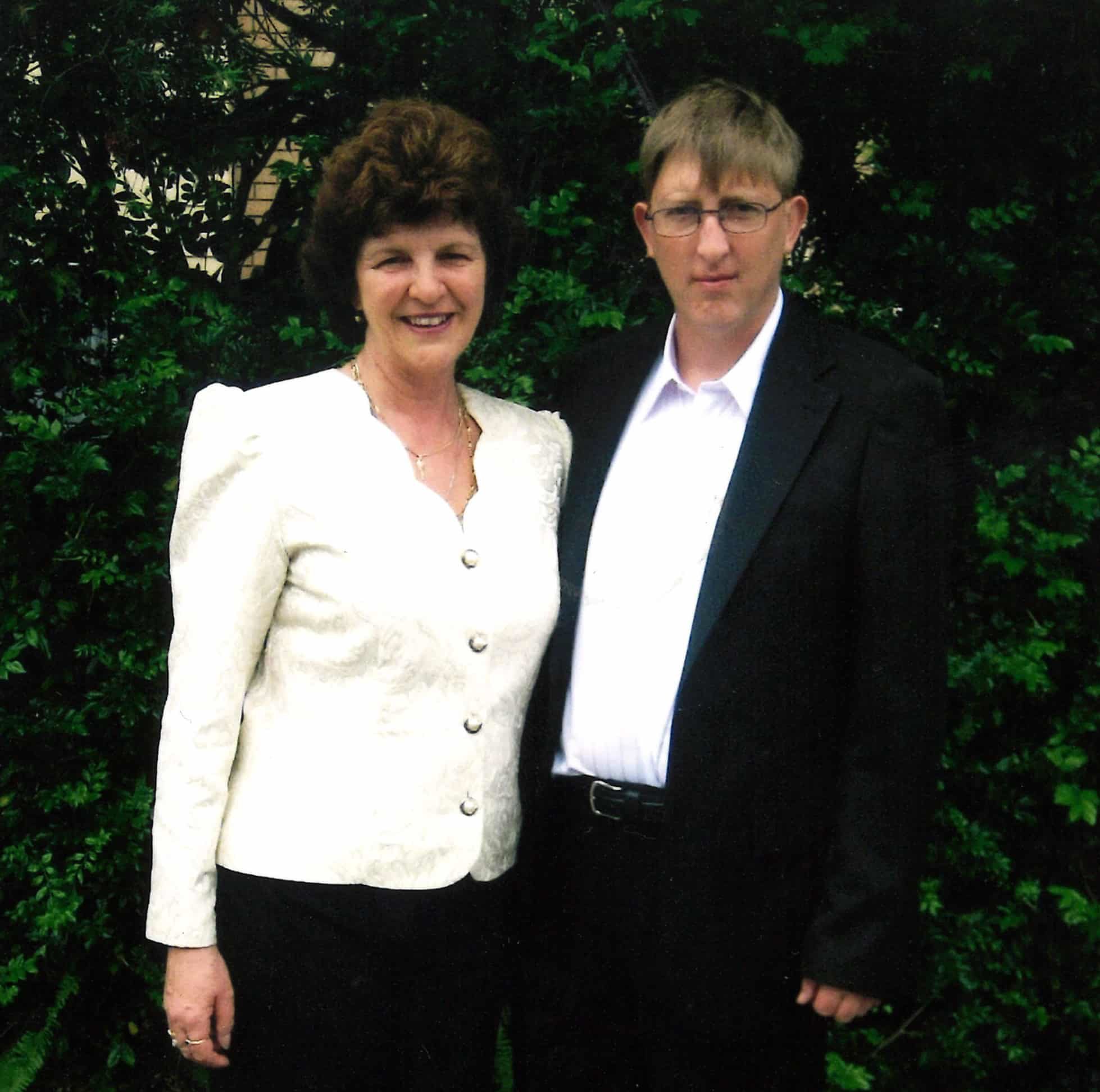
NDIS helps family members with disabilities to reach supports needed to enjoy the pleasures of family life.
Many people who have family members with disabilities experience the sadness and frustration of being so busy in their support roles that they can’t enjoy the pleasures of family life.
For them, the benefits of the National Disability Insurance Scheme (NDIS) can be truly transformative.
So it was for Narissa Phelps, whose son Joshua has lived with bipolar disorder from the age of 16.
“His condition came on when he hit puberty, and for the next 20 years until he joined the NDIS his life was incredibly restricted,” Narissa says.
“He experiences social anxiety and has never worked. He struggles with going out and rarely initiates activities on his own, including housework and meal preparation. Josh’s diet was both limited and poor.”
Joshua, who is now 37, is the eldest of Narissa’s children and lives close to her in the northern NSW town of Lismore.
“He lives in his own one-bedroom unit and for years it was up to family to keep him on track,” she says. “It was so hard to see him living in squalor, and he resented me trying to keep order and cleanliness in his life.”
Joshua’s journey since he joined the NDIS has been life-changing, both for him and his family.
“Now he has a support worker go around to his house three hours a day, six days a week. They help him with housework, work out weekly menus, take him shopping, play board games with him.
“His unit stays clean and he has several good meals a week. On top of that, someone comes over every night at 6pm to make sure he takes his medication.
“Every now and then support workers will take him out bowling or for a game of pool, which he loves. The workers are predominantly males around his own age, so he’s having fun with peers that he lacked previously.”
Joshua gets to have social time in the wider community while Narissa, her other son and Joshua’s father get to enjoy time with him free of distractions.
“I can finally enjoy a mother-son relationship,” she says.
Narissa’s personal experience has reinforced her sense that the NDIS has made “a huge positive difference” in the lives of many families that she knows. Family members with disabilities can reach supports needed to enjoy the pleasures of family life.
“I’m retired now but I used to support students with disabilities at the school where I worked. I see my old students around town and it’s clear that they’ve blossomed so much under the new system.
The NDIS provides Australians under the age of 65 with a permanent and significant disability the supports they need to live more independently and to increase their social and economic participation.
The NDIS has provided support to more than 104,000 people across NSW. There are more than 300,000 people who have benefitted from the NDIS nationally, including close to 100,000 people who have received support for the first time.
Social Futures local area coordinators (LACs) work with people with disability as an NDIS partner.